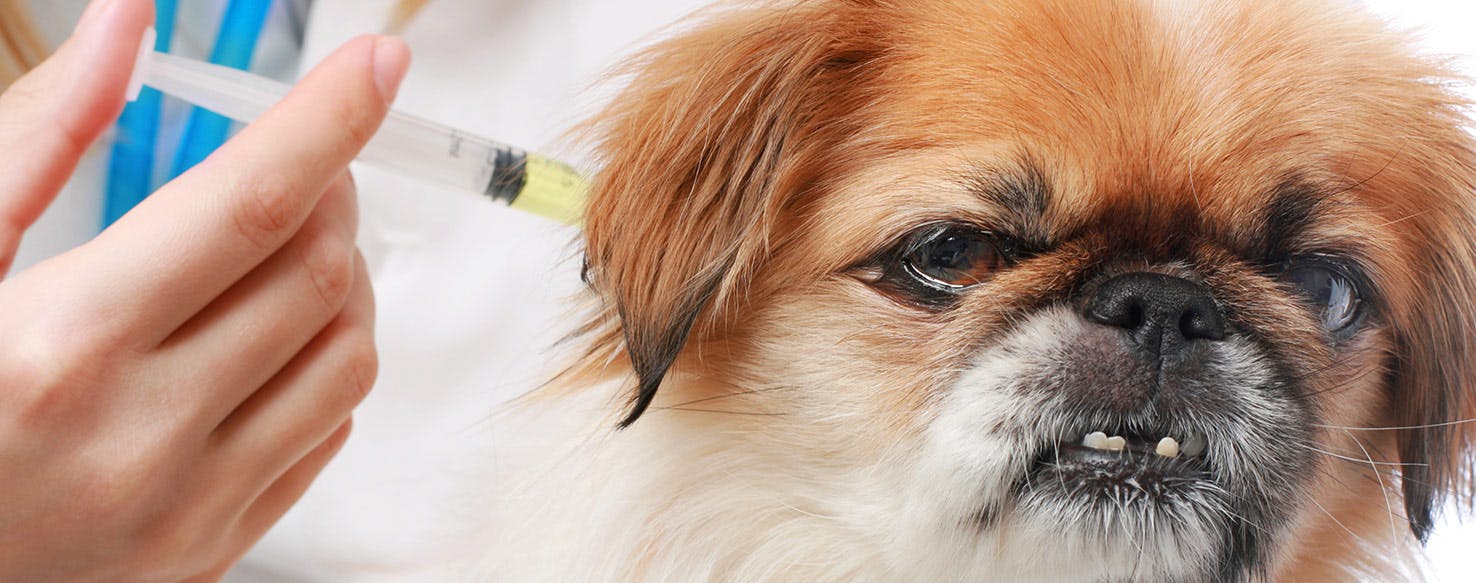While vaccination is an effective way to protect dogs against parvovirus, it is still possible for a vaccinated dog to spread the virus to other dogs. This is because no vaccine is 100% effective, and a vaccinated dog may still become infected with the virus and shed it in their feces.
Additionally, there are different strains of the parvovirus, and the vaccine may not provide complete protection against all of them. However, the risk of a vaccinated dog spreading the virus is lower than that of an unvaccinated dog, as the vaccine can help reduce the amount of virus shed in the feces and shorten the duration of shedding.
It is also important to note that dogs who have been recently vaccinated may shed the virus in their feces for a short period after vaccination. This shedding is generally considered to be low risk, but it is still possible for other dogs to become infected.
How Long Can Vaccinated Dogs Carry Parvo?
Assuming you are referring to the Canine Parvovirus (CPV) vaccine, most puppies are vaccinated against CPV starting at 6-8 weeks of age. The vaccine is usually given in a series of 3 shots, with the last one given around 16 weeks of age.
After the initial vaccination series, dogs should be vaccinated against CPV every 1-3 years depending on their risk factors. So how long does the immunity from the CPV vaccine last?
Unfortunately, there is no definitive answer as studies have shown conflicting results. Some studies suggest that immunity from the CPV vaccine may only last for 6-12 months, while other studies have found that it can last up to 36 months or longer.
However, it is generally accepted that the duration of immunity decreases over time and that re-vaccination is necessary to maintain protection against CPV infection. Puppies and young dogs are especially vulnerable to CPV infection because they have not yet developed full immunity to the virus.
For this reason, it is important for puppies and young dogs to be vaccinated according to their veterinarian’s recommendations.
Can an Unvaccinated Dog Give a Vaccinated Dog Parvo?
There are a number of factors that contribute to whether or not an unvaccinated dog can give a vaccinated dog parvo. The most important factor is whether or not the unvaccinated dog has been exposed to the virus.
If the unvaccinated dog has been exposed to parvo, there is a chance that they could infect a vaccinated dog. However, it is important to note that the vaccine is very effective at protecting dogs from the virus and the vast majority of vaccinated dogs will not become infected if they are exposed to an unvaccinated dog with parvo.
Can Puppies Be Around Vaccinated Dogs?
Yes, puppies can be around vaccinated dogs as long as they are up to date on their own vaccinations. Vaccinations help protect against many serious diseases, so it is important that puppies receive all of their shots before coming into contact with other dogs. If you are unsure if your puppy’s vaccinations are up to date, please check with your veterinarian.

Credit: wagwalking.com
Can Adult Dogs Get Parvo?
The answer is yes, but it’s much less common for them to catch the virus than puppies. Adult dogs who have not been vaccinated against parvo are at risk if they come into contact with the virus, which is highly contagious.
Symptoms of parvo in adult dogs include vomiting, diarrhea, weight loss, and lethargy. If you think your dog may have parvo, take them to the vet immediately for treatment.
Early Signs of Parvo
There are several early signs of parvo that pet owners should be aware of. The most common early sign is vomiting, which can occur as early as two days after infection. Other early signs include lethargy, loss of appetite, and fever.
Diarrhea is another common symptom, and it may contain blood or mucus. Puppies who develop parvo often die within 10 days without treatment. Early diagnosis and treatment is crucial for the best possible outcome.
Conclusion
It is possible for a vaccinated dog to spread parvo, although it is less likely. The virus can live in an infected dog’s environment and be passed on to other dogs. Vaccinated dogs should be kept away from unvaccinated dogs and areas where the virus is known to exist.